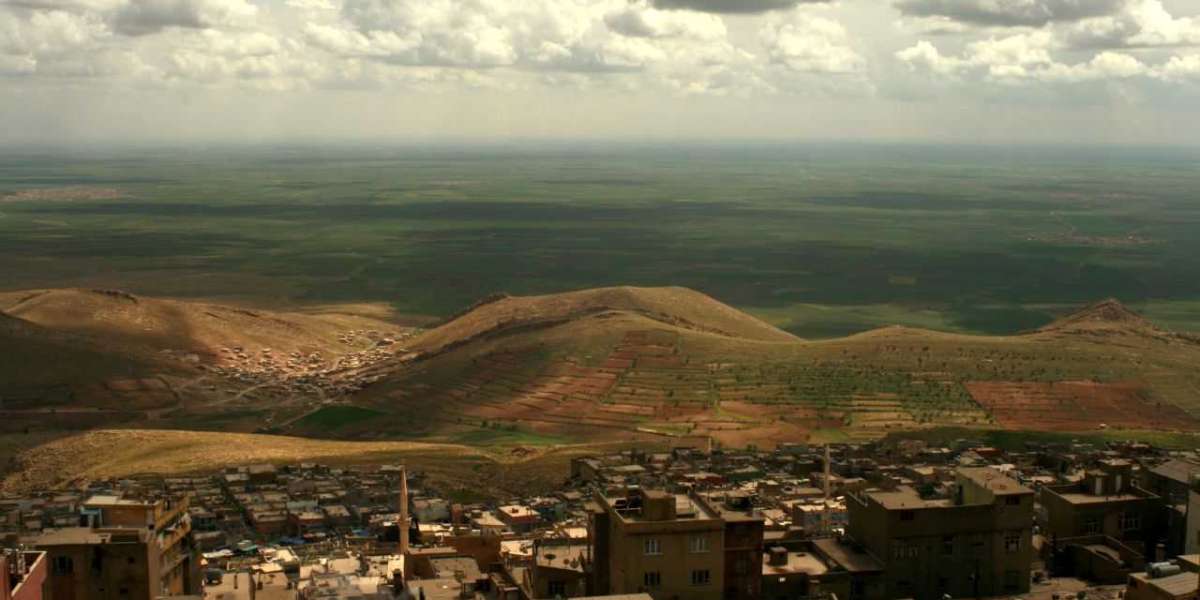Human history is a vibrant tapestry, interwoven with tales of ancient cultures, groundbreaking achievements, and innovative ideas. The oldest civilizations in the world provide a fascinating window into humanity’s evolution, offering lessons that continue to shape modern society. From the ancient rivers of Mesopotamia to the philosophical depths of Ancient China, these civilizations have left an indelible mark on the world. Let’s explore their stories and uncover the timeless wisdom they impart.
Mesopotamia: The Cradle of Civilization
Often referred to as the "Cradle of Civilization," Mesopotamia emerged between the Tigris and Euphrates rivers, in what is now modern-day Iraq. This region gave birth to some of the first cities, such as Uruk, Ur, and Babylon.
- Key Achievements:
- Writing System: The Sumerians, Mesopotamia’s early settlers, developed cuneiform, the world’s first writing system. It allowed them to record laws, trade, and stories.
- Code of Hammurabi: One of the earliest written legal systems, it laid the foundation for justice.
- Innovations in Agriculture: Advanced irrigation techniques turned Mesopotamia into a fertile hub for farming, sustaining large urban populations.
The legacy of Mesopotamia lives on in our legal systems, language, and city planning, offering a foundation upon which modern society thrives.
Ancient Egypt: The Land of Pharaohs
Situated along the life-giving Nile River, Ancient Egypt is renowned for its monumental achievements, from the pyramids to intricate mummification rituals.
- Cultural Highlights:
- The Great Pyramid of Giza, one of the Seven Wonders of the Ancient World, exemplifies Egypt’s architectural prowess.
- The Egyptians made significant strides in medicine, engineering, and astronomy.
- Their elaborate religious beliefs, centered around gods and the afterlife, influenced burial practices, including the famed process of mummification.
For over 3,000 years, Egypt maintained stability and prosperity, leaving behind a legacy of innovation and grandeur that continues to captivate imaginations worldwide.
The Indus Valley Civilization: A Hidden Gem
The Indus Valley Civilization flourished around 2500 BCE in what is now Pakistan and northwest India. Though much about this civilization remains a mystery, its advancements speak volumes.
- Remarkable Features:
- Cities like Harappa and Mohenjo-Daro showcased exceptional urban planning with grid-like streets and drainage systems.
- The Indus people were skilled artisans, producing fine jewelry, pottery, and textiles.
- Despite its sophistication, much of the Indus Valley’s writing system remains undeciphered, adding an air of mystery to its legacy.
The decline of this civilization remains a topic of speculation, but its contributions to urban development and trade continue to inspire researchers and historians.
Ancient China: A Legacy of Wisdom and Innovation
Ancient China’s history spans millennia, beginning with the Xia Dynasty (c. 2100 BCE) and continuing through the Shang and Zhou dynasties. As one of The Oldest Civilizations in the World, this ancient civilization left a profound impact on global culture.
- Groundbreaking Contributions:
- The Shang Dynasty developed a written language, forming the basis for modern Chinese script.
- The Zhou Dynasty introduced influential philosophies like Confucianism and Daoism.
- Ancient China pioneered inventions such as paper, gunpowder, and printing, which revolutionized communication and warfare.
The Great Wall of China, constructed during the Qin Dynasty, stands as a testament to Chinese engineering. Ancient China’s philosophy and technological innovations remain integral to modern life.
The Greeks and Romans: Foundations of Western Civilization
Though younger than some ancient cultures, the Greeks and Romans profoundly shaped the world we live in today.
- Greek Contributions:
- Democracy: Athens introduced a system of governance that still influences modern politics.
- Philosophy and Art: Thinkers like Socrates, Plato, and Aristotle laid the groundwork for Western philosophy, while Greek art and architecture set aesthetic standards.
- Roman Achievements:
- Engineering Marvels: The Romans built aqueducts, roads, and the Colosseum, showcasing their architectural genius.
- Legal Systems: Roman law became the foundation for many modern legal systems.
The Greeks and Romans together bridged the gap between ancient and modern societies, ensuring their influence endures in politics, culture, and architecture.
The Legacy of Ancient Civilizations
The oldest civilizations in the world are more than historical curiosities; they are blueprints for human progress. From Mesopotamia’s first cities to China’s transformative inventions, each civilization contributed unique advancements that continue to shape our world.
By studying these ancient cultures, we gain a deeper appreciation for our shared heritage and the ingenuity of our ancestors. Their stories remind us that progress, creativity, and resilience are timeless human traits.
Key Takeaways
- Mesopotamia introduced writing, governance, and agriculture.
- Ancient Egypt excelled in architecture, medicine, and spirituality.
- The Indus Valley Civilization demonstrated advanced urban planning.
- Ancient China revolutionized technology, philosophy, and art.
- The Greeks and Romans established the foundations of Western culture.
These civilizations are not just remnants of the past; they are living legacies that inspire innovation and remind us of the boundless potential of humanity. Their timeless wisdom continues to guide us toward a brighter future.











